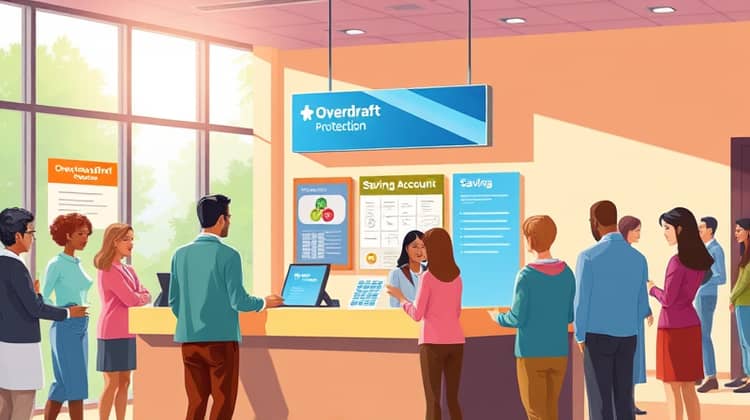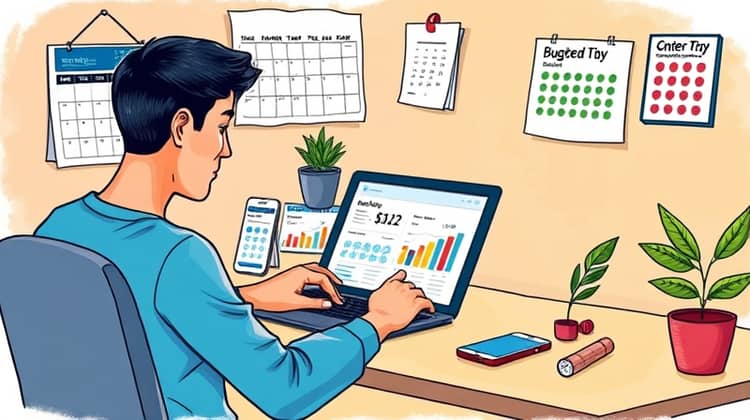Credit card overdraft fees can be a significant financial burden, often catching cardholders off guard. These fees can add up quickly, making it essential to take proactive measures to avoid them. By implementing the right strategies, you can reduce or even eliminate these fees from your financial life altogether.
This article will cover several effective techniques for avoiding credit card overdraft fees, including upgrading your credit card options, monitoring your spending, and understanding your credit limit. By following these tips, you can maintain better control over your finances and protect yourself against unnecessary charges.
Upgrade to Credit Cards with No Overdraft Fees

One of the most straightforward ways to avoid credit card overdraft fees is to choose a credit card that does not impose these fees. Many financial institutions offer credit products specifically designed to protect consumers from overdraft charges, often labeled as fee-free or low-fee cards.
When selecting a credit card, do your research and compare offerings from various banks. Look for cards that provide flexible payment options and have billing cycles that allow for timely payments without incurring overdraft fees.
- Research credit card providers that offer no overdraft fees.
- Compare various credit card options and interest rates.
- Choose a card that aligns with your spending habits.
Increase Your Credit Limit

Increasing your credit limit can be a practical step in avoiding overdraft fees. A higher limit will give you greater access to funds, allowing you to make purchases without the anxiety of hitting a maximum threshold and incurring additional fees. Many credit card issuers offer automatic credit limit increases for responsible cardholders.
To increase your credit limit, contact your credit card issuer and ask if you qualify for a limit increase. Ensure that your payment history is solid, as missing payments can hinder your chances of receiving a higher limit.
- Request a credit limit increase from your card issuer.
- Maintain a good payment history to qualify for an increase.
- Regularly assess and manage your credit utilization.
Enroll in Overdraft Protection on All Bank Accounts

Most banks offer overdraft protection services for checking and savings accounts, which can serve as a useful safety net. By enrolling in these programs, you can link your credit card or savings accounts to your checking account, providing an additional source of funds in the event of an overdraft.
These services can help you avoid hefty overdraft fees, but be sure to read the terms and conditions carefully. Some banks charge their own fees for transferring funds, so it’s crucial to understand how these charges might affect you.
Monitor Your Accounts and Ask Your Credit Card Issuer to Remove Fees

Regularly monitoring your credit card and bank account activity is vital in avoiding overdraft fees. By keeping a close eye on your spending and available credit, you can prevent accidental overdrafts that lead to costly fees. Utilize tools like budgeting apps or account alerts to stay informed about your account balances.
If you do incur an overdraft fee, it's worth contacting your credit card issuer. Politely explain your situation and request a waiver on the fee. Many issuers will refund fees for first-time incidents or for customers with a good history, leading to potential savings.
Get New Credit Cards

If you find your current credit card is constantly leading to overdraft fees, it might be time to explore new options. Open a new credit card account that better aligns with your financial habits or goals, especially if you discover cards with more favorable terms, such as lower fees and better interest rates.
When seeking a new credit card, consider your credit score and shop around for the best deals. A strong credit score can help you obtain cards with zero annual fees and attractive rewards, reducing your chances of incurring overdraft fees in the future.
In Conclusion

Avoiding credit card overdraft fees requires vigilance and strategic planning. By upgrading your credit cards, monitoring your spending, and communicating with your issuers, you can safeguard yourself against unnecessary expenses.
Implementing these tips is not only beneficial for your wallet but also contributes to better credit management, fostering healthier financial habits for the long term.














